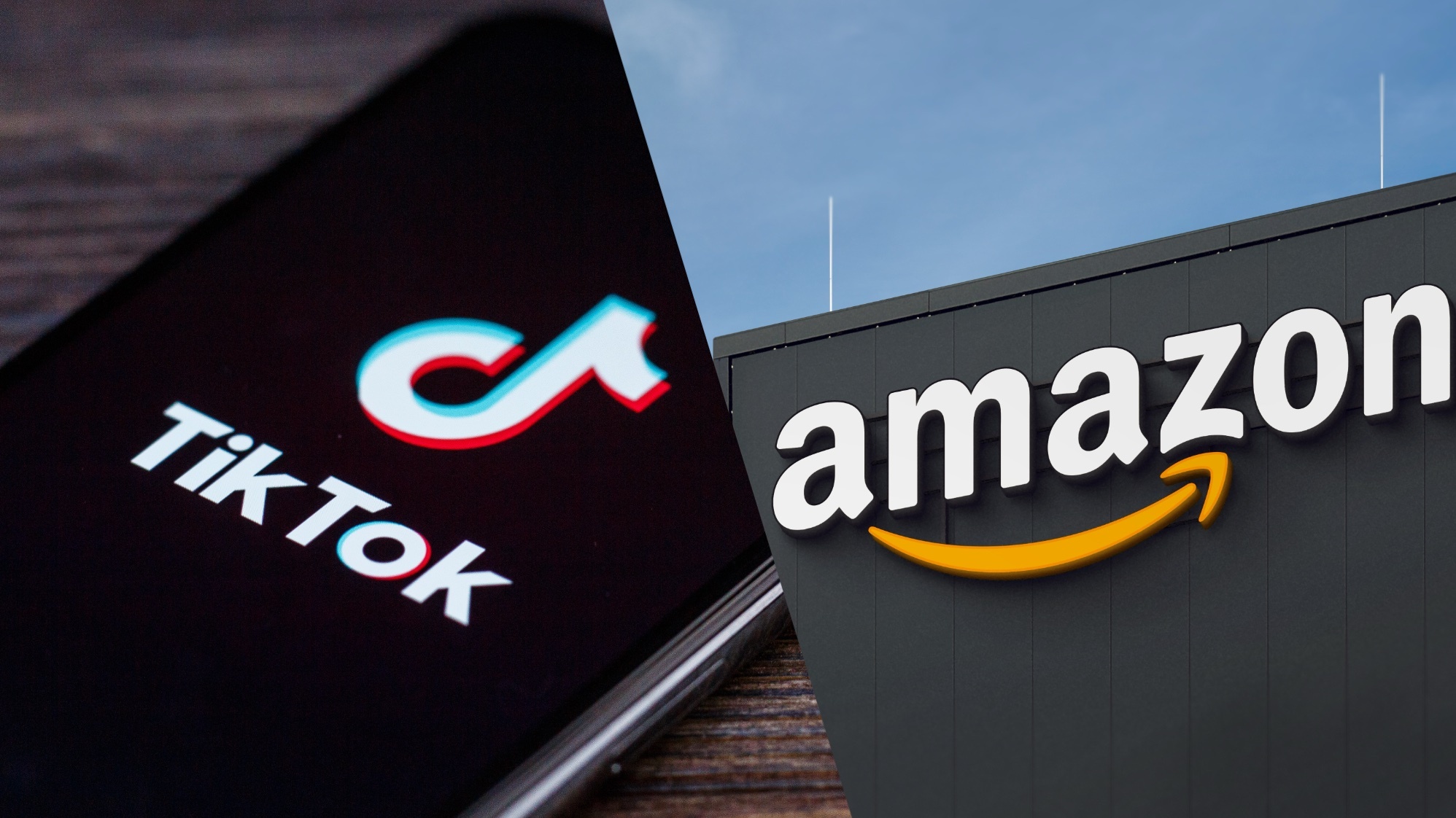Honey extension accused of scamming millions and content creators — should you delete it now?
There's nothing sweet about this scandal

We need to talk about Honey for a minute. Not the sweet stuff you put on your cereal or other yummy food. I'm talking about the overwhelmingly popular browser extension with the same name.
Influencers and YouTube users (with a creator named Megalag posting a video breaking down what Honey is allegedly doing) claim that the extension is stealing money from them while not doing what it promises for you, the shopper.
It is important to note that Honey is being accused of what we will discuss today. Some content creators have sued PayPal (Honey's owner), but Honey hasn't been been found guilty.
Update: Over 3 million people have reportedly uninstalled Honey already, according to 9to5Google, but this is not confirmed.
What does Honey claim to do?
Before we get too deep into what Honey is accused of, let's talk about what the browser extension does.
When shopping online, you can click on the Honey extension, which will scan for coupon codes to find deals. If it can't find any working codes, it will say you have the best deal and send you to the checkout page to complete your purchase.
If it finds a working coupon code, Honey runs it through and saves you a few bucks.
Sign up to get the BEST of Tom's Guide direct to your inbox.
Get instant access to breaking news, the hottest reviews, great deals and helpful tips.
It all sounds terrific. You don't have to hunt coupon codes and can save money without spending anything. But according to YouTube creators and influencers, there's something shady going on.
What is Honey accused of doing to influencers and YouTubers?
According to a Megalag video, other YouTube creators like Marques Brownlee and influencers, Honey is engaged in something much shadier. It allegedly steals affiliate revenue from them (and websites like Tom's Guide) by capturing the last click and obtaining the beloved cookie that leads to the commission.
When you click on a product link from an influencer, YouTuber or website, a cookie tells your browser who sent you there. When you buy the product, that retailer sends a commission to the referrer. In the influencer market (and even online publishing), this is one of the primary ways revenue is generated outside of traditional advertising.
Let's say you go to Tom's Guide and see a fantastic product in one of our buying guides. You click the link, add a product to your cart and see the Honey popout saying it can check for coupon codes. You click it, and it finds nothing, saying you have the best deal, so you check out, thinking you're supporting Tom's Guide through our affiliate link.
But, based on the accusations, Honey runs a tab in the background that swaps the affiliate cookie to its own despite not finding any deals or offering any actual value to you, the shopper. Honey gets the commission. Tom's Guide, which spent hours testing the product, writing the review, and creating the buying guide, gets nothing.
Since Honey can't always find a code or anything, the company started a rewards program that gives you money for nothing. This allows Honey to take the affiliate code because you interacted with it during the checkout. According to the accusations, it's just taking the commission and giving the shopper a small percentage of it as reward points.
So, while influencers and YouTubers were advertising Honey, the PayPal-owned browser extension allegedly took money directly from their pockets.
What is Honey reportedly doing to shoppers?
For you, who gets the commission for your sale might not be that important. You're online to read interesting content, watch videos and so on. And that's fine; you're entitled to feel that way.
According to Megalag and other content creators, Honey's core promise isn't true. PayPal and Honey say they'll run through a series of coupon codes to find the best deals. However, the firm is accused of using inferior codes to ensure the retailer gets more money from the sale while promising the user that the best code was used.
Megalag tested this in his video and found instances where better codes were readily available online, but Honey chose to use a code with a lower discount, claiming it was the best deal.
If this is true, then Honey is not doing what it claims. It's doing the exact opposite. It's not finding the best deal for you; it's finding the deal that works best for the retailer.
Megalag even found a podcast where a Honey representative talked about Honey helping retailers by giving them control over how much discount the consumer received.
Again, these are accusations (albeit well-researched), so we'll need to wait until more information comes out before we know whether Honey is guilty. But if it's true, this could become a massive scandal for consumers and content creators.
Honey lawsuit
The Kristensen Law Group filed a class-action suit against Honey, claiming damages over $5 million. The firm's representative also posted its own YouTube video explaining the issue.
This lawsuit could provide answers about whether Honey is doing anything wrong. Alternatively, it could settle out of court; then, we might not learn anything.
We're still in the early stages of the accusation, and more information will surely emerge as other content creators come forward and Honey responds more (or doesn't).
Has Honey responsed?
A PayPal spokesperson responded Tom's Guide request for comment:
"We dispute the allegations in the lawsuits, and will defend against them vigorously," the spokesperson said to Tom's Guide. "Honey is free to use and provides millions of shoppers with additional savings on their purchases whenever possible. Honey helps merchants reduce cart abandonment and comparison shopping while increasing sales conversion. Honey follows industry rules and practices, including last-click attribution, which is widely used across major brands."
The key is that it claims to follow "industry rules and practices, including last click attribution." This controversy certainly isn't over.
What should you do?
Aside from removing extensions like Honey from your web browser if you want to support your favorite content creators, there isn't much you can do.
While the extension isn't malware or anything that we have to tell you to remove, we can recommend dropping it at least until this is resolved. If Honey is preventing you from getting the best deals (again, it's accused of this, but it's not been fully proven yet), then it's not worth having installed at all.
And it looks like millions of people are already doing just that.
More from Tom's Guide

Dave LeClair is the Senior News Editor for Tom's Guide, keeping his finger on the pulse of all things technology. He loves taking the complicated happenings in the tech world and explaining why they matter. Whether Apple is announcing the next big thing in the mobile space or a small startup advancing generative AI, Dave will apply his experience to help you figure out what's happening and why it's relevant to your life.













